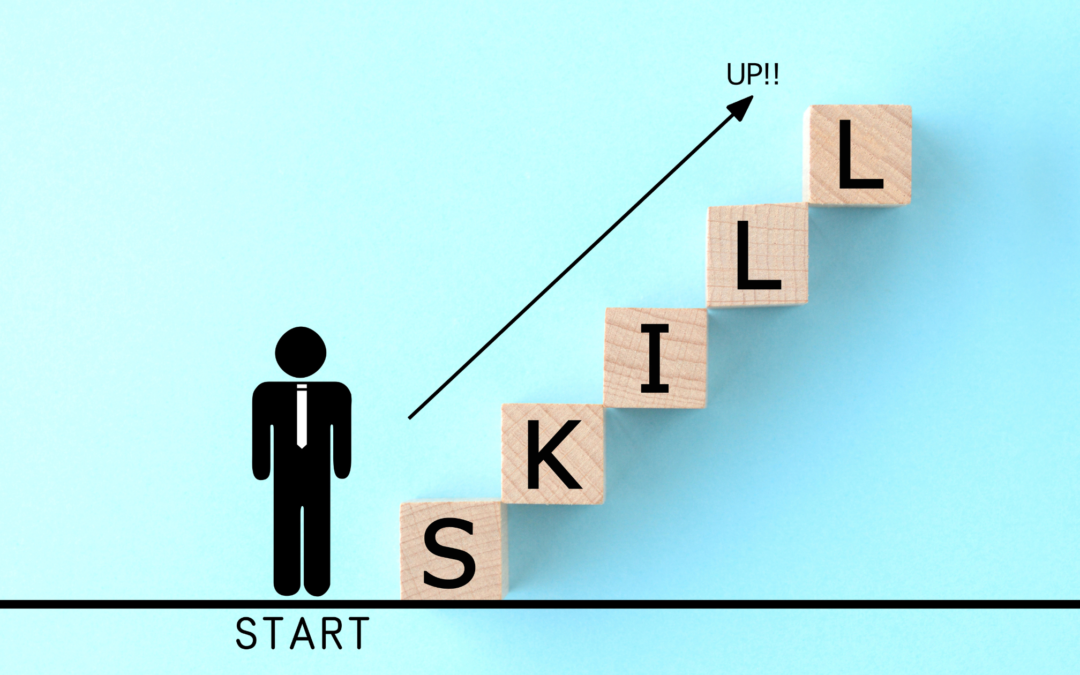Data, technology, and automation have dominated business headlines for the past several decades. At the same time, increased reliance on automation and AI have highlighted the need to counter technical aptitudes with soft skills in the professional setting. Associations are well poised to embrace this value shift to further enhance membership experiences, and the value of professional organizations in general.
Soft skills are personal attributes and interpersonal skills related to how we act and interact with other people in the workplace. Examples of soft skills include effective communication, adaptability, and emotional intelligence (EI), among many others. In contrast to hard skills, soft skills are difficult to measure or quantify, and are characterized more by attitudes and outlooks rather than numbers and facts.
The elevated value of these types of less quantifiable skills offers an opportunity for professional organizations to embark on a fresh approach to their education and membership services. Many associations focus on hard skills, or measurable technical aptitudes that are specific to their industry. While this type of training is valuable, there could be lost opportunities if associations do not consider a broader perspective.
In some ways, associations are uniquely poised to offer specialized soft skill training relevant to the industry that they represent. For example, leadership development for business owners looks different to some extent than leadership training for healthcare professionals. Being able to highlight those differences and apply them to crucial aspects within the context of industry specifics and standards is what differentiates this approach from more general professional development opportunities available elsewhere.
Mastery of soft skills is what can set apart one professional from another. When considering two professionals with similar skill sets, the individual who has demonstrated talent for creative thinking, an aptitude for navigating shifting dynamics, and a track record of ethics-based decision-making will likely have more opportunities than would a counterpart who lacks emotional intelligence and time management skills.
Considering how this applies to your own professional society could be the difference in resonating your organization’s mission with previously elusive prospective members, registrants, and leaders in general.
